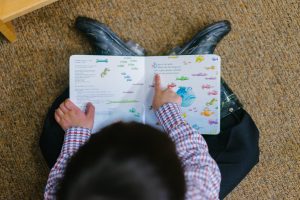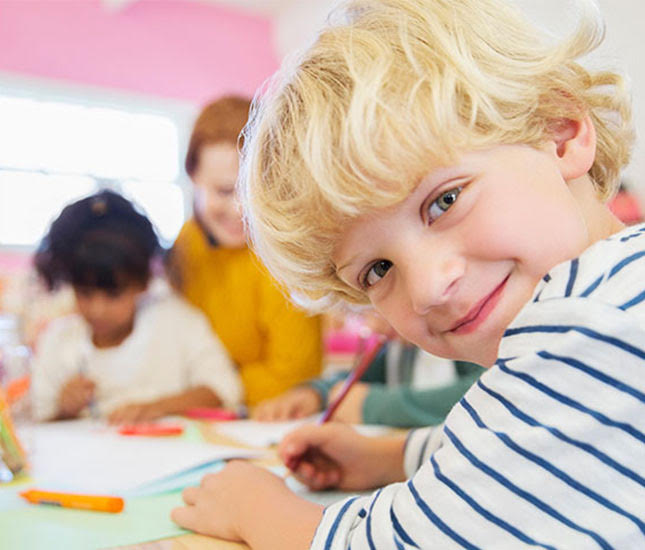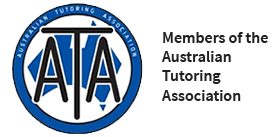
The single most important thing a parent can do to help a child get off to a good head start at school and beyond is to read with them regularly
Parents are told time and time again they should read with their children. At Learning Works Geelong we believe that reading with primary school aged children regularly is one of the most important things you can do as a parent to help them succeed at school.
Reading literally changes your child’s brain, opens up different worlds and prepares them for learning. Routine readers not only have a broader vocabulary and stronger verbal and language skills, but they are also able to learn new concepts more quickly.
From improving concentration, building general knowledge about the world and improving maths and social skills – there are so many benefits!
Learning Works Geelong has rounded up the top reasons you should make reading with your child a priority.

1) Young readers are smarter
There is a common saying “today a reader, tomorrow a leader.” Research has shown that regular, out of school reading makes children more intelligent and fosters a lifetime love of learning. A reading practice improves academic performance across the board with better performance in the NAPLAN and general school tests.
From learning concepts’ more easily and grasping the meaning of their school world and social situations, regular reading has a powerful impact on childhood development. Young readers do better in school and in life – with improved language and literacy skills, and wider and diverse vocabularies. They are able to associate meaning to unknown words and concentrate better and for longer. Regular, out of school reading contributes to intelligence and a lifetime love of learning.

2) Reading builds general knowledge
Children learn important life lessons through books. Through books, a child’s brain is stimulated and expanded. Reading exposes children to new ideas, ways of thinking and different ways of looking at issues.
Through books, children are given a creative spark for their writing and are able to express themselves when they speak. Reading opens children up to words they haven’t absorbed through watching television or listening to conversations.
Children who read regularly know more about the world and have basic life skills that are useful in daily life compared to children who don’t read regularly.
Researchers have examined how children acquire knowledge. They have found that reading books gave children the most general knowledge compared to exposure to television or other media. You would be hard pressed to say that having this knowledge is not useful for everyday living!

3) Reading builds social skills in children
Children are taught emotional intelligence and important life lessons through books. Books have the power to instil empathy and can help children understand social situations and what they mean. They are an invaluable tool in a child’s development – introducing them to social concepts like family, love and friendship. The style of children’s books that helps parents tackle trickier topics such as bias, racism, homophobia, religion and illness can be particularly helpful.
Your child can learn about the world through literature – for example, a book may expose a bias, share stories of culture and identity or explain what anxiety is. For example, if your child is anxious about starting school, sharing a relevant story addressing this issue can seamlessly explain the transition. The educational function of reading cannot be emphasised enough!

4) Reading changes the brain
Children who grow up with books and read more have thinner brain cortexes. The cortex is the outer layer of the brain which is linked to intelligence. Research has found that people with thinner brain cortexes are smarter. Early success in reading unlocks a lifetime of reading and intelligence habits and lays the foundation for future opportunities.

5) A stronger relationship with you
Reading with your child is a nurturing activity you and your child can share. Children emotionally thrive when they are given frequent, positive, one-one-one attention from their parents. Your child will come to love reading if they are given undivided loving attention from you during their story time. When you respond to your child’s reading with delight, enthusiasm and warmth, you are showing your child they are valued and capable – which is extremely important for their emotional development and self image!
At Learning Works Geelong, we cannot emphasise enough the importance of regular reading for children. Reading exposes children to ideas, contributes to their general knowledge about the world and stimulates the brain’s neurons connected to intelligence. Reading improves a child’s verbal skills and comprehension abilities and provides a safe environment to explore social issues and emotions.
Early reading unlocks a lifetime of reading and intelligence habits and sets an upward spiral of academic success into motion.
Happy Reading!



Recent Comments